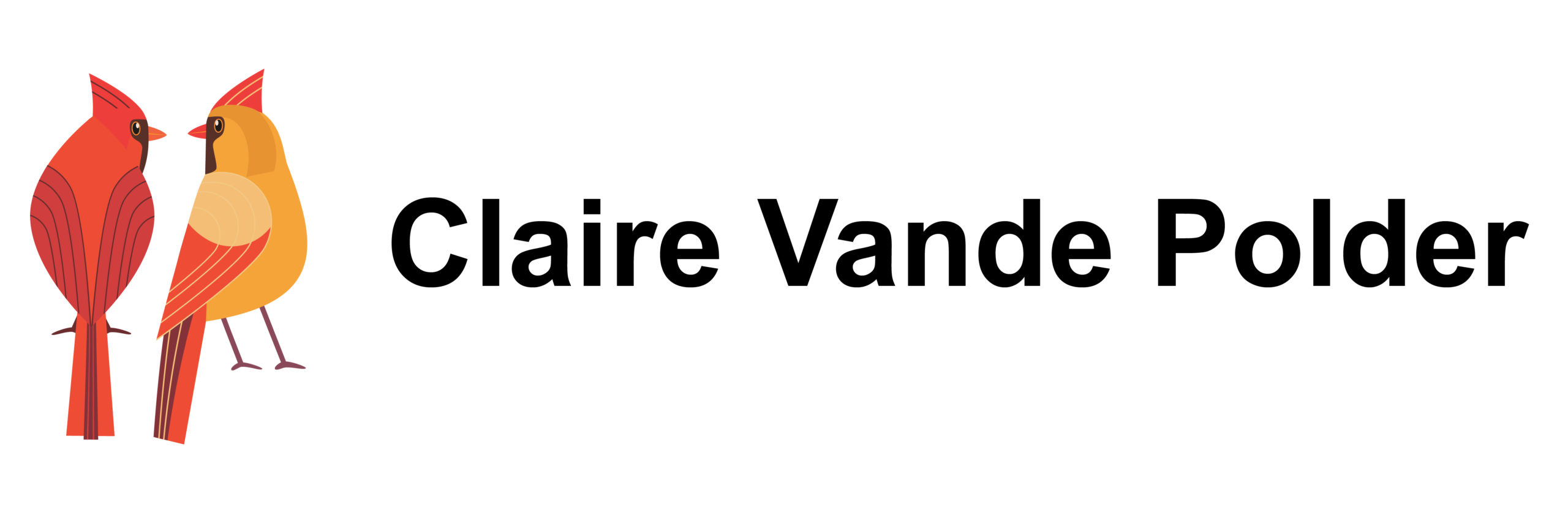Those of you who know me know that I’m pretty organized, and I’ve always been attracted to minimalism. Organization leads to efficiency, which I like, but it also relieves a lot of stress. I just don’t like stuff all over the counters, crammed into closets or piled on shelves, particularly where I can’t see it.
I think I’ve always been this way. My first job at 16 years old was at a lovely department store here in Florida called Burdine’s, which was bought by Macy’s a while back. I got to float around between departments but loved working in the Linens Department the best, where I cleaned that place up day after day.
I’d fold sheets, blankets, and towels into towers of precisely folded squares, separated by color, texture, and manufacturer. I’d make sure the pillows were in their bins and facing the right way. Man, it was satisfying to whip the messiness into shape, and it looked nice, too.
As an organizational geek already, I’m probably hardwired to like Joshua Becker’s book.
Organizing and minimalism aren’t the same thing, of course, but they must be cousins, at least.
Simplify was published in 2010 and has been a bestseller for a reason. For one thing, it’s Wisdom That Works. It’s a book that’s made life better, more pleasurable, less stressful, and more efficient for a lot of people.
Becker describes how his wife and two kids went through an exercise of purging their home and lives from everything they didn’t need or love.
Sound familiar? Marie Kondo, the popular Netflix clutter guru, is well known for telling people to get rid of things that don’t “spark joy.”
(BTW, Netflix has another show with a couple of women organizers whose fundamental approach is to buy an astonishing number of “organizers” from places like The Container Store in order to get the job done. For me, that does not compute–any more than does arranging your books by COLOR, which is another inane thing they do.)
Back to Simplify, I have only praise. As efficient and minimalist as its message, the book only takes about an hour to read. It gets right to the point and makes its arguments convincingly.
I’ve read a fair amount on this subject but found plenty of fresh thoughts.
For example: one benefit of owning less is that what you do own can be of better quality. If you have half as many shirts in your closet, then you can afford to spend more on the ones you choose to own.
Becker also outlines the true cost of all the stuff we’re accruing–how 1 in 11 American households need a storage space outside of their home, how managers at work lose productivity hours to disorder, and how the National Association of Professional organizers says we spend one year of our lives looking for lost items! That’s nuts.
Becker describes himself as a “rational minimalist” who believes each of us needs to decide how much minimalism to embrace. The style of minimalism his family chose is unique to them, and he outlines their guiding principles in detail.
Becker’s gone on to write more books and blogs, which you can find on the website BecomingMinimalist.com. I’m a fan.
If you’ve ever been tempted to simplify, or tried and failed, read this book. It actually got me recharged for a new round of purging at our house. (Don’t tell Barry.)


Recent Comments